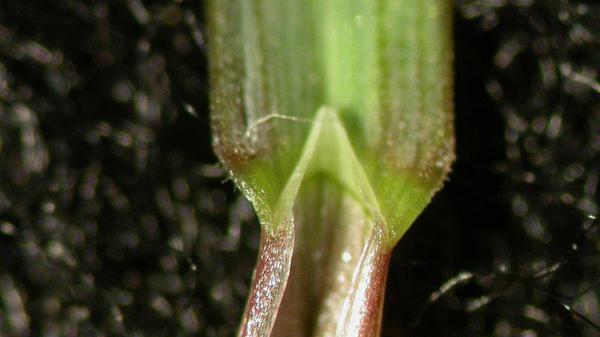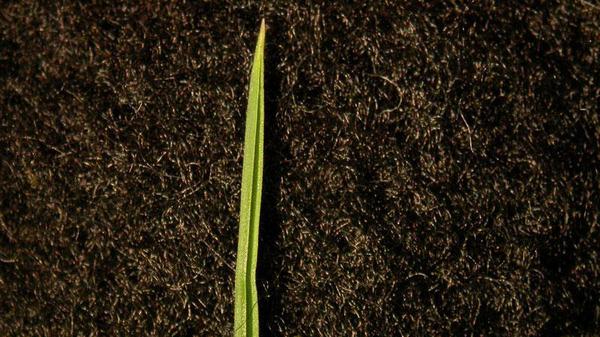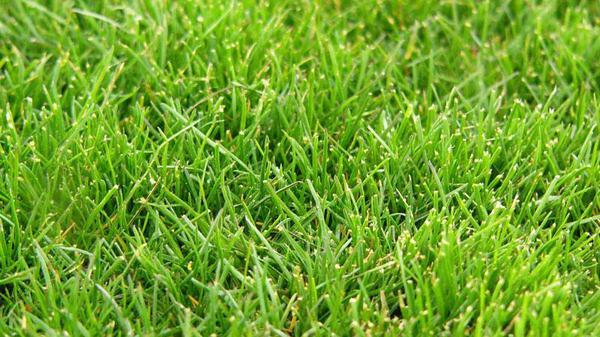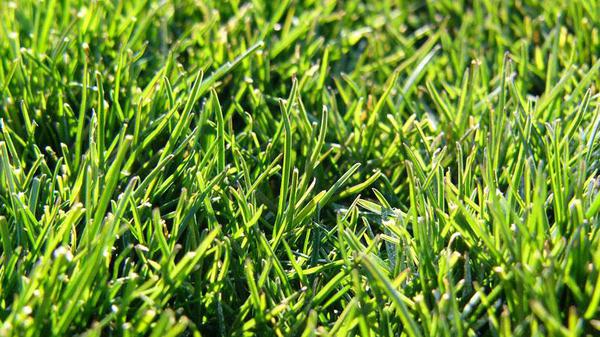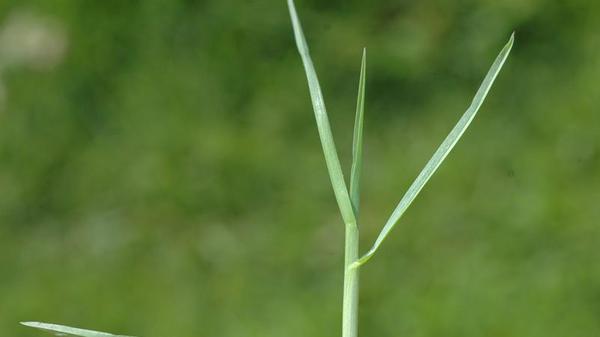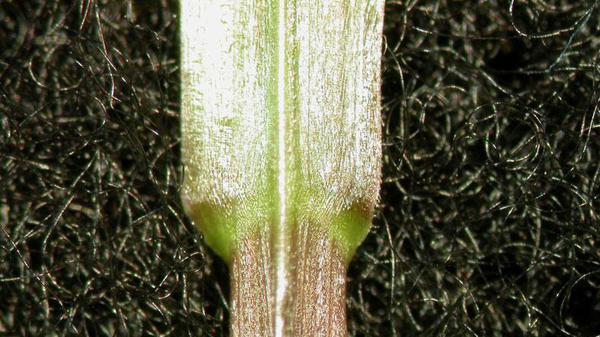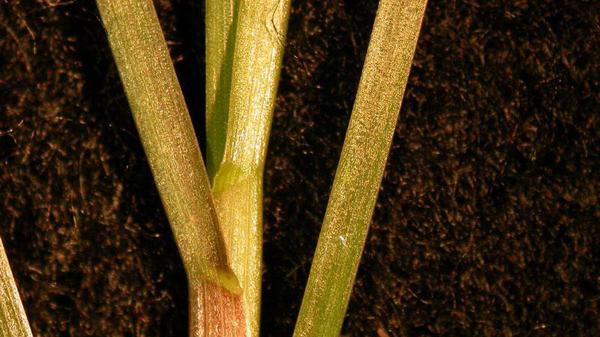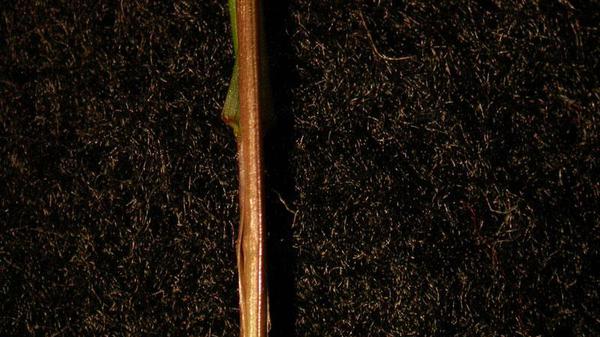Rough Bluegrass
en Español / em Português
El inglés es el idioma de control de esta página. En la medida en que haya algún conflicto entre la traducción al inglés y la traducción, el inglés prevalece.
Al hacer clic en el enlace de traducción se activa un servicio de traducción gratuito para convertir la página al español. Al igual que con cualquier traducción por Internet, la conversión no es sensible al contexto y puede que no traduzca el texto en su significado original. NC State Extension no garantiza la exactitud del texto traducido. Por favor, tenga en cuenta que algunas aplicaciones y/o servicios pueden no funcionar como se espera cuando se traducen.
Português
Inglês é o idioma de controle desta página. Na medida que haja algum conflito entre o texto original em Inglês e a tradução, o Inglês prevalece.
Ao clicar no link de tradução, um serviço gratuito de tradução será ativado para converter a página para o Português. Como em qualquer tradução pela internet, a conversão não é sensivel ao contexto e pode não ocorrer a tradução para o significado orginal. O serviço de Extensão da Carolina do Norte (NC State Extension) não garante a exatidão do texto traduzido. Por favor, observe que algumas funções ou serviços podem não funcionar como esperado após a tradução.
English
English is the controlling language of this page. To the extent there is any conflict between the English text and the translation, English controls.
Clicking on the translation link activates a free translation service to convert the page to Spanish. As with any Internet translation, the conversion is not context-sensitive and may not translate the text to its original meaning. NC State Extension does not guarantee the accuracy of the translated text. Please note that some applications and/or services may not function as expected when translated.
Collapse ▲Description
Rough (also called roughstalk) bluegrass (Poa trivialis) has a relatively limited adaptation as a turf species because of intolerance to heat, drought, and traffic. It is also very patchy in appearance and therefore does not perform well in mixtures. However, rough bluegrass is sometimes used alone or in combination with perennial ryegrass for winter overseeding of golf course putting greens. Rough bluegrass can often be confused with Kentucky bluegrass. One way to distinguish them is to examine the root structures: rough bluegrass has stolons (above ground) and Kentucky bluegrass has rhizomes (below ground). Another way to distinguish between them is that rough bluegrass has a long, pointed membranous ligule and Kentucky bluegrass has a short, even membranous ligule.
Rough Bluegrass as a Weed
Cultural Control
Most turfgrasses are difficult to control within another turfgrass. Therefore, turf managers should select clean seed or vegetative sources for establishment, use an adapted turfgrass species and cultivar for their location, and use proper mowing and fertilization techniques to maintain a dense, actively growing, desired turf. Digging or removal with hand or mechanical equipment, for example a sod cutter, is one way to control undesired perennial turfgrasses. You may spot treat an infested area with an appropriate non-selective herbicide, realizing it will also kill the desired turfgrass.
Species Data
- SEEDHEAD / FLOWER
- seedhead is a panicle with flattened spikelets with 2-3 seeds each
- VERNATION TYPE
- leaves folded in the bud
- LIGULE TYPE
- membranous; sharp pointed, entire, may be hairs along the edge, 0.16 - 0.24 inches (4 - 6 mm) long
Figure 1
- membranous; sharp pointed, entire, may be hairs along the edge, 0.16 - 0.24 inches (4 - 6 mm) long
- GROWTH SEASON / LIFE CYCLE
- cool season turf or perennial weed
- AURICLE TYPE
- absent
- LEAF BLADE TIP SHAPE
- LEAF BLADE WIDTH
- 0.04 - 0.16 inches (1 - 4 mm) wide
- STOLON PRESENCE
- present
- RHIZOME PRESENCE
- absent
- COLLAR TYPE
- SHEATH MARGIN
- open part way only
Figure 8
- open part way only



